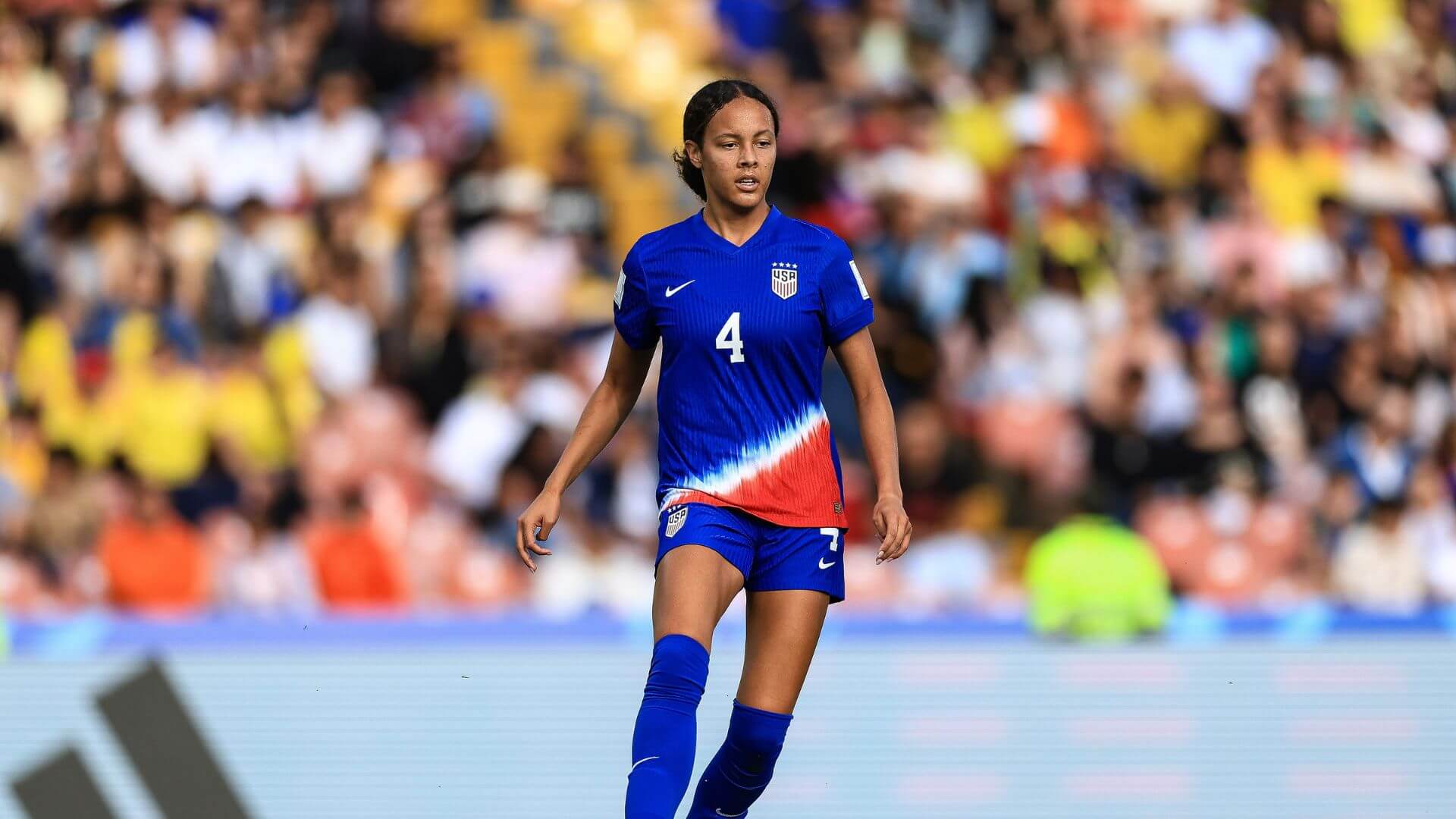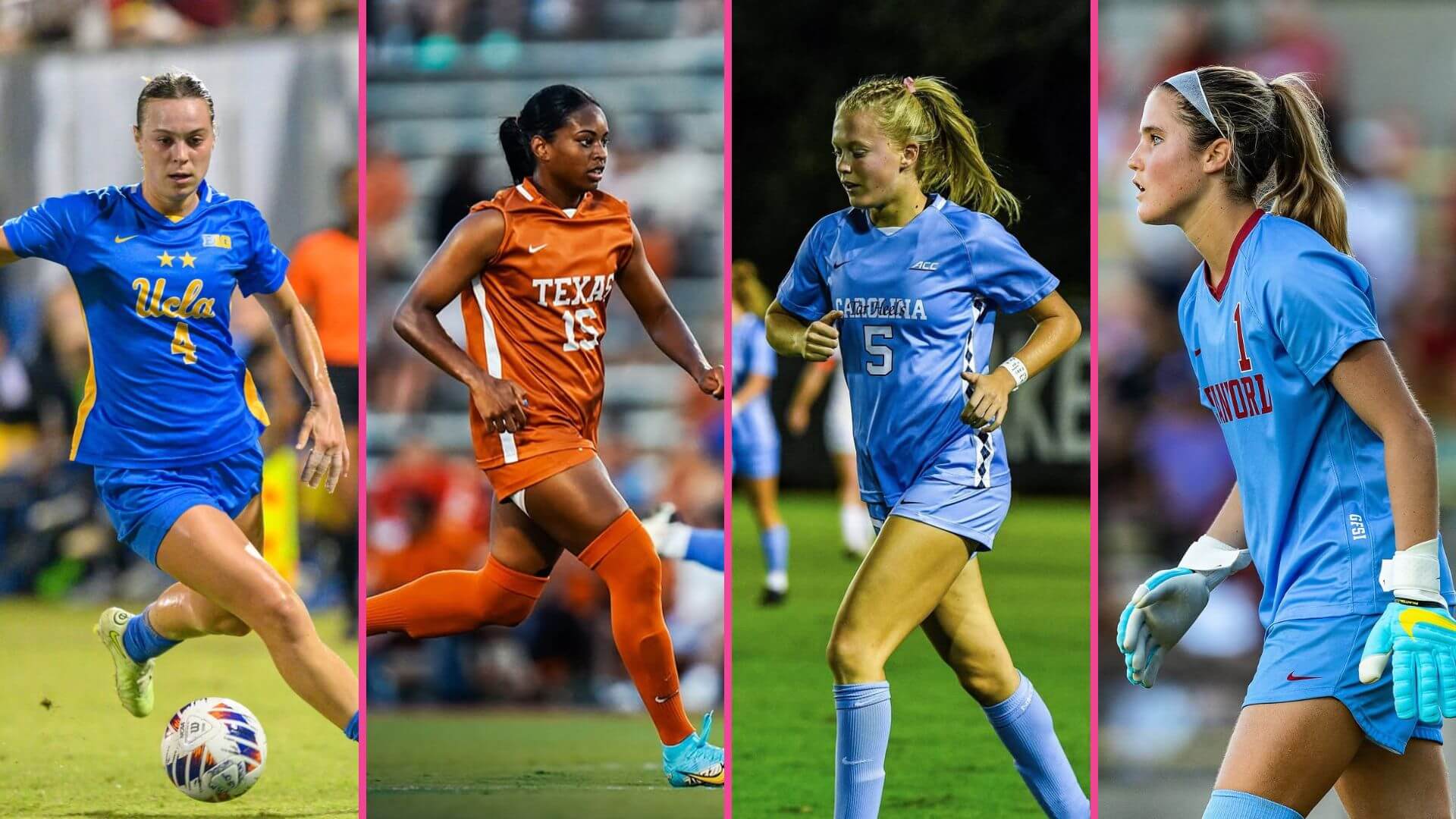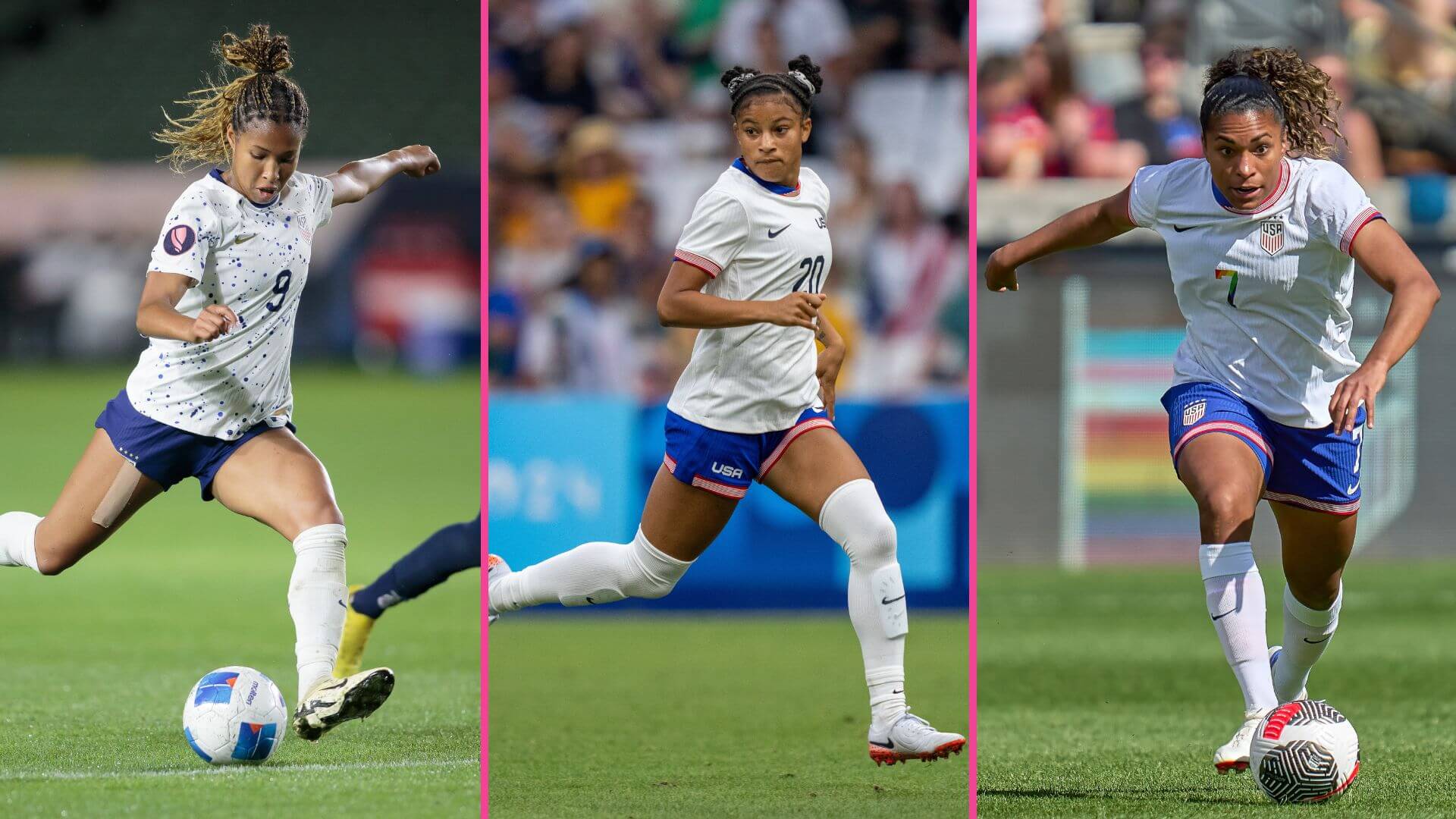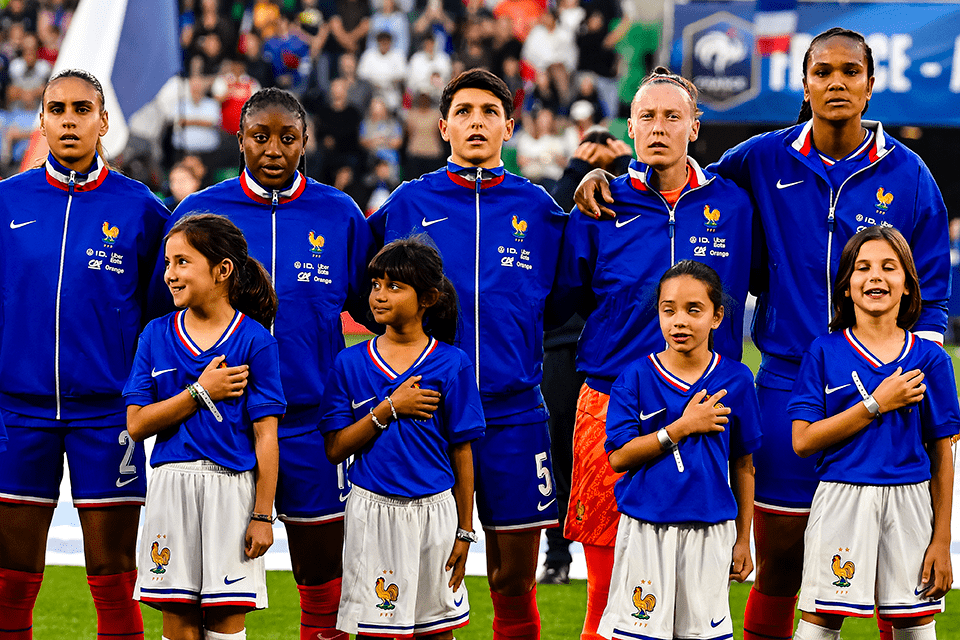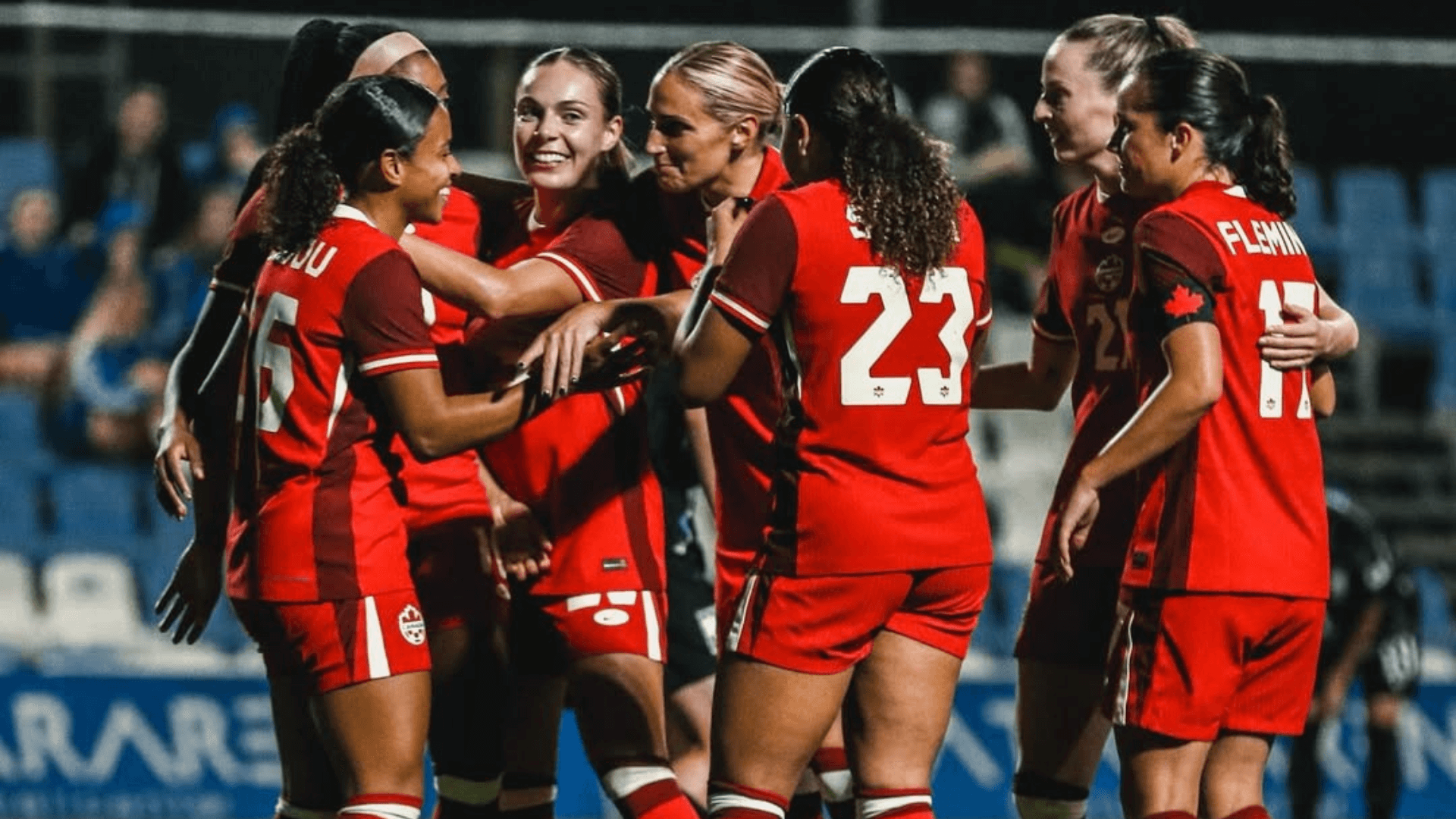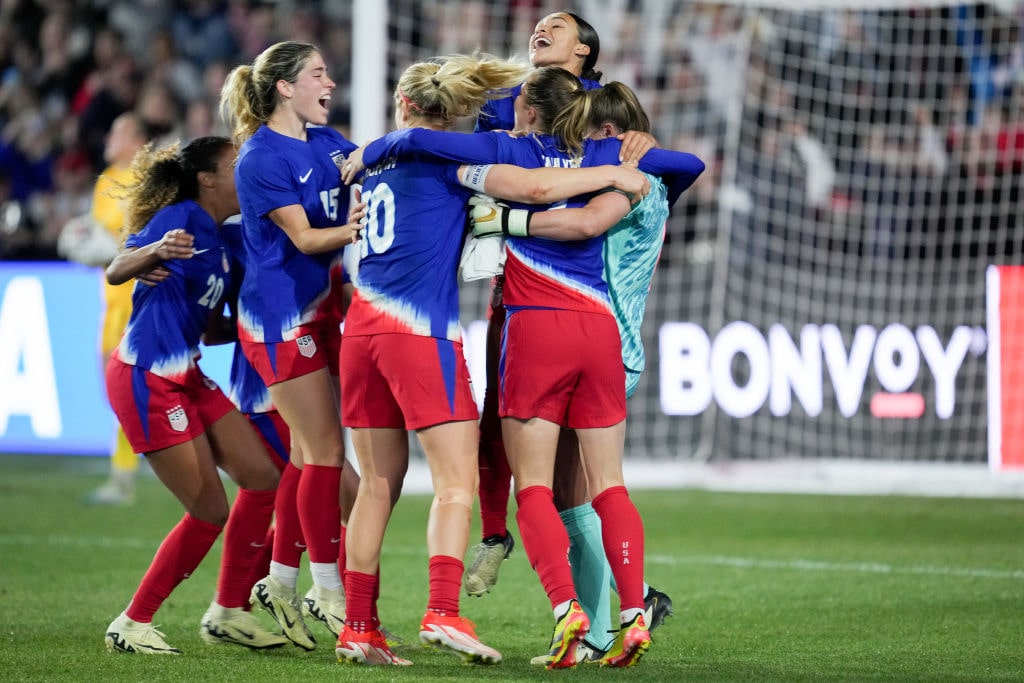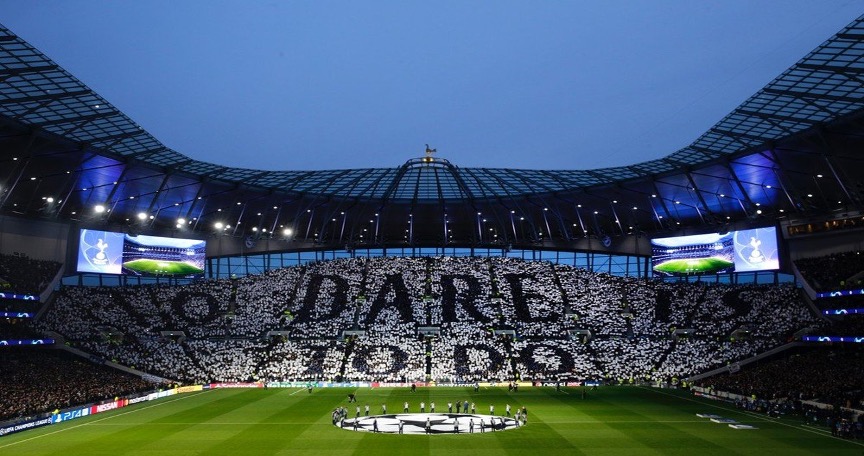Empowering evolution: The remarkable growth of girls’ soccer in the United States
Empowering evolution: The remarkable growth of girls’ soccer in the United States
In recent decades, girls’ soccer in the United States has undergone a transformative journey, evolving from a marginalized sport to a powerhouse in the international arena. The sport’s evolution not only reflects a significant shift in societal attitudes towards women in athletics and a growing interest for sportbet in girls’ and women’s soccer, but also highlights the remarkable growth and determination of young female athletes across the country.
Origins and early challenges
Girls’ involvement in soccer in the United States traces its roots back to the late 1960s and early 1970s when the women’s liberation movement gained momentum. However, during its infancy, female players faced numerous challenges, including limited opportunities, inadequate resources, and societal stereotypes that undermined the seriousness of women’s sports.
Despite these obstacles, passionate individuals laid the foundation for the sport’s growth. Title IX, enacted in 1972, became a watershed moment, mandating gender equity in educational programs, including sports. This legislation provided a vital framework for the development of girls’ soccer, ensuring access to facilities, coaching, and scholarships, consequently nurturing talent across the nation.
Rise to prominence
The turning point for girls’ soccer in the United States arrived with the historic victory of the U.S. Women’s National Team (USWNT) in the 1999 FIFA Women’s World Cup. The iconic image of Brandi Chastain’s winning penalty kick and celebratory jersey removal remains etched in the nation’s memory. This triumph not only captured the World Cup but also captured the hearts of millions, inspiring a generation of young girls to pursue their soccer dreams.
The momentum continued as participation rates surged across all age groups. Soccer became a primary choice for many young girls, with leagues and tournaments proliferating nationwide. Major League Soccer (MLS) clubs recognized the potential, establishing youth academies and development programs specifically for female players.
Professional leagues and cultural impact
The emergence of professional leagues, such as the National Women’s Soccer League (NWSL), provided a crucial platform for elite female players to showcase their talents and compete at a high level. This league not only offered a sustainable career path for athletes but also served as a beacon of empowerment for young girls aspiring to play professionally.
Moreover, prominent players like Mia Hamm, Abby Wambach, Alex Morgan and Megan Rapinoe became household names, transcending the sport and advocating for gender equality in athletics and beyond. Their influence extended far beyond the field, inspiring young athletes to embrace their passion and stand up for their rights, both on and off the pitch.
Challenges and opportunities ahead
Despite the remarkable progress, challenges persist. Disparities in pay, resources and media coverage between men’s and women’s soccer remain a contentious issue. The fight for equal pay and recognition continues to be a focal point, with athletes and advocates tirelessly campaigning for equity in the sport.
However, opportunities abound. The ongoing commitment to grassroots development, increased media coverage, corporate sponsorships, an increasing interest of sports bettors and the growing popularity of women’s soccer at the international level present a promising future. More girls are joining soccer programs at a young age, benefiting from structured coaching and a clear pathway to advancement within the sport.
Looking ahead
The evolution of girls’ soccer in the United States stands as a testament to resilience, determination, and the enduring spirit of young athletes. As the sport continues to break barriers and defy expectations, it serves as a beacon of hope for future generations, fostering inclusivity, empowerment, and a passion for the beautiful game.
In the ever-evolving landscape of women’s sports, the journey of girls’ soccer in the United States embodies the collective pursuit of equality, excellence, and the unyielding belief that every girl deserves the opportunity to chase her soccer dreams, and beyond.




